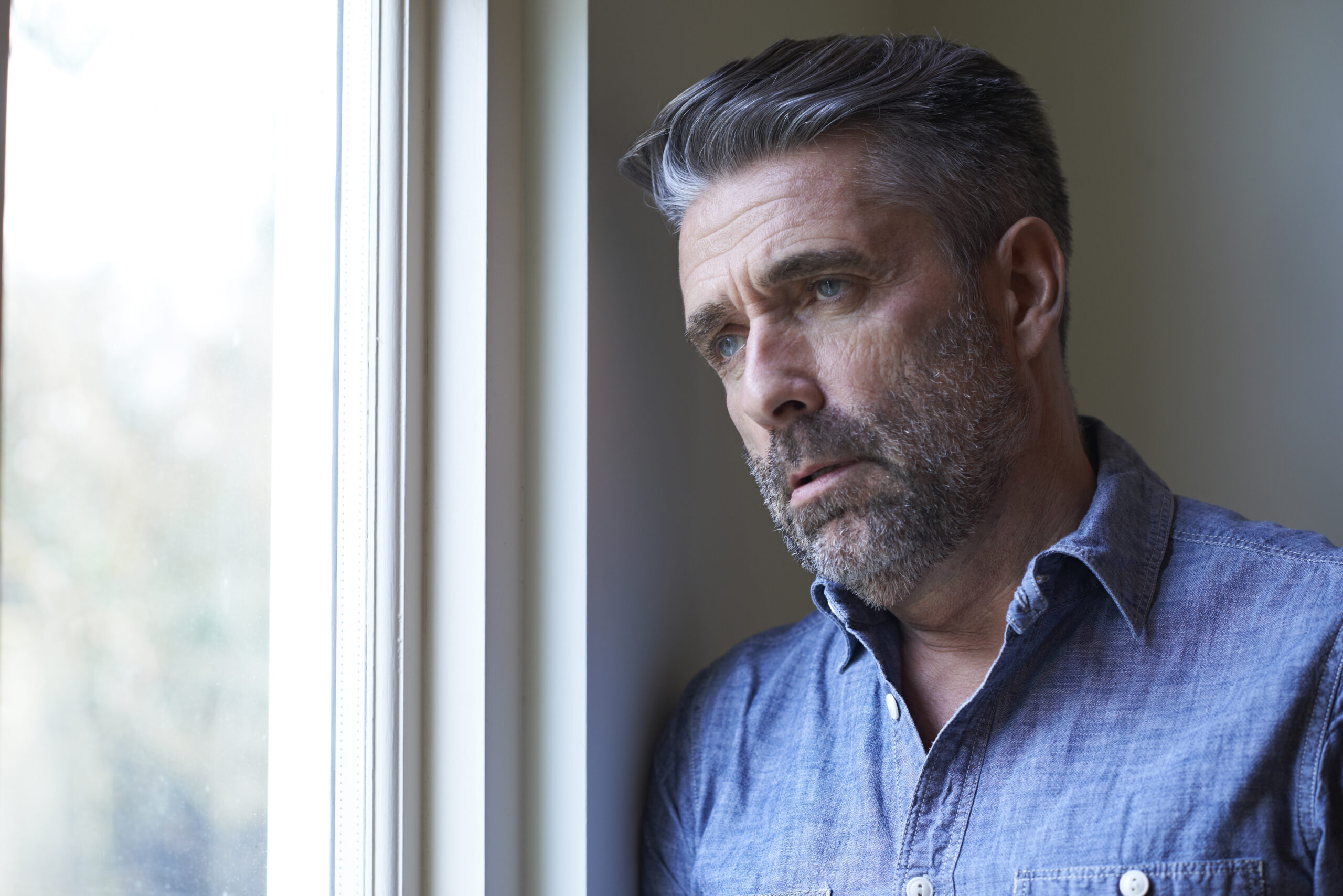
Preventing Addiction Relapse Naturally
Relapse is a return to the old, bad habits you are in the recovery process of breaking. Relapse is more permanent than one slip-up, as it begins to occur frequently. As discouraging as this may be, it’s not only a very important learning experience, but a chance to renew your dedication to recovery.
While many clients in recovery do experience a relapse at one time or another, it’s not a guaranteed thing. There are many ways to naturally prevent relapse, through simple lifestyle habits that benefit your physical and mental health and give you continued strength and support during your journey.
How to prevent relapse
1. Get a healthy distraction
Cravings are difficult to withstand, especially in the early stages of recovery when their intensity can weaken even the strongest of wills. However, it’s important to ride the waves, letting the intensity wash over and off you. Easier said than done, yes, but the more you practice this tactic, the easier it will be to resist and the less intense will the cravings be.
In order to help you ride out this wave, find distractions to keep you busy and active during these moments—you might cook or bake a new recipe, call a friend, play an instrument, work in the garden or go for a run with loud music playing. So long as it’s healthy and productive, these distractions can be immensely helpful when cravings arise.
2. Reach out to your people
It’s never easy to admit weakness to another person, especially family or friends who you want to make proud, but it’s true that admitting you need help is one of the bravest things you can do. And who can’t be proud of that?
Designate a trusted parent, sibling, cousin or friend or two to call when you feel yourself slipping. You can be direct and say, “Hey, I’m really struggling and just need to chat,” or you can simply talk to them about your day/their day/the rain in Spain, whatever! Rely on your support network—they want the best for you and would probably enjoy hearing from you no matter what’s going on.
3. Design a healthy routine
A routine is key to naturally preventing relapse, which is why all addiction treatment facilities rely so heavily on schedules. Having such a schedule in your life maintains that mindset of recovery and leaves little room for the temptations of boredom to sink in.
A healthy routine should be personalized to what will help you best succeed, but might include:
- 30 minutes of daily exercise
- A sleep-wake routine allotting for minimum seven hours of sleep
- A list of daily/weekly chores to keep your living environment tidy
- Scheduled self-care time
- Meal prep time to maintain a healthy diet
The orderliness of a schedule seeks to combat the chaos often present in addiction.
4. Identify your triggers
Taking time to reflect on or identify your triggers helps you avoid them and/or be mentally prepared for them when they arise. Triggers may be people, places, emotions like high stress or situations like confrontation.
When you know your triggers, you’ll be able to make a game plan of the steps you’ll take the next time you are faced with them, ensuring resilience and minimizing relapse.
5. Think it through
Giving into cravings is often a snap decision—it feels good, it’ll take the edge off, my brain is saying just do it, so why not?
Instead of why-not-ing it, take a pause. Ask “what if,” instead. What if you do give into the urge? Do you really want to do it? What will happen? Will you be opening the door to relapse instead of growing in strength?
The biggest enemy of relapse is the pause where you think through your actions and actually ask yourself, “Do I want to run the risk?“
6. Practice mindfulness
Mindfulness is similar to thinking things through, but it takes it one step further. Mindfulness is the practice of being open to, observant of and present in the emotion/moment/thought without passing judgement or having an opinion about it.
It would look something like this: If you’re practicing mindfulness, and you feel the urge to use, you would acknowledge that feeling, realize it’s not going to benefit you and then allow it to move along. You didn’t say, “Oh, this feeling is bad” or “I’m weak for feeling this urge.” You really didn’t say anything at all, but let it exist without affecting you as it then carried on its merry way.
7. Seek additional support
Life outside of addiction treatment can be challenging. Without the safety net of the treatment center’s routines, people and structure, it can be difficult to adhere to your recovery. But remembering why you began the recovery journey initially is an important place to start.
If you feel like you need continued support even so, there’s no shame in reaching out. This is what outpatient treatment programs are for, to continue providing community, support and coping skills to those working on implementing recovery in their life post-treatment.
Our staff at Bluff is eager to help you succeed and prevent relapse. [phone_linked text=”Call our offices”] to speak with someone today at [phone_linked].








